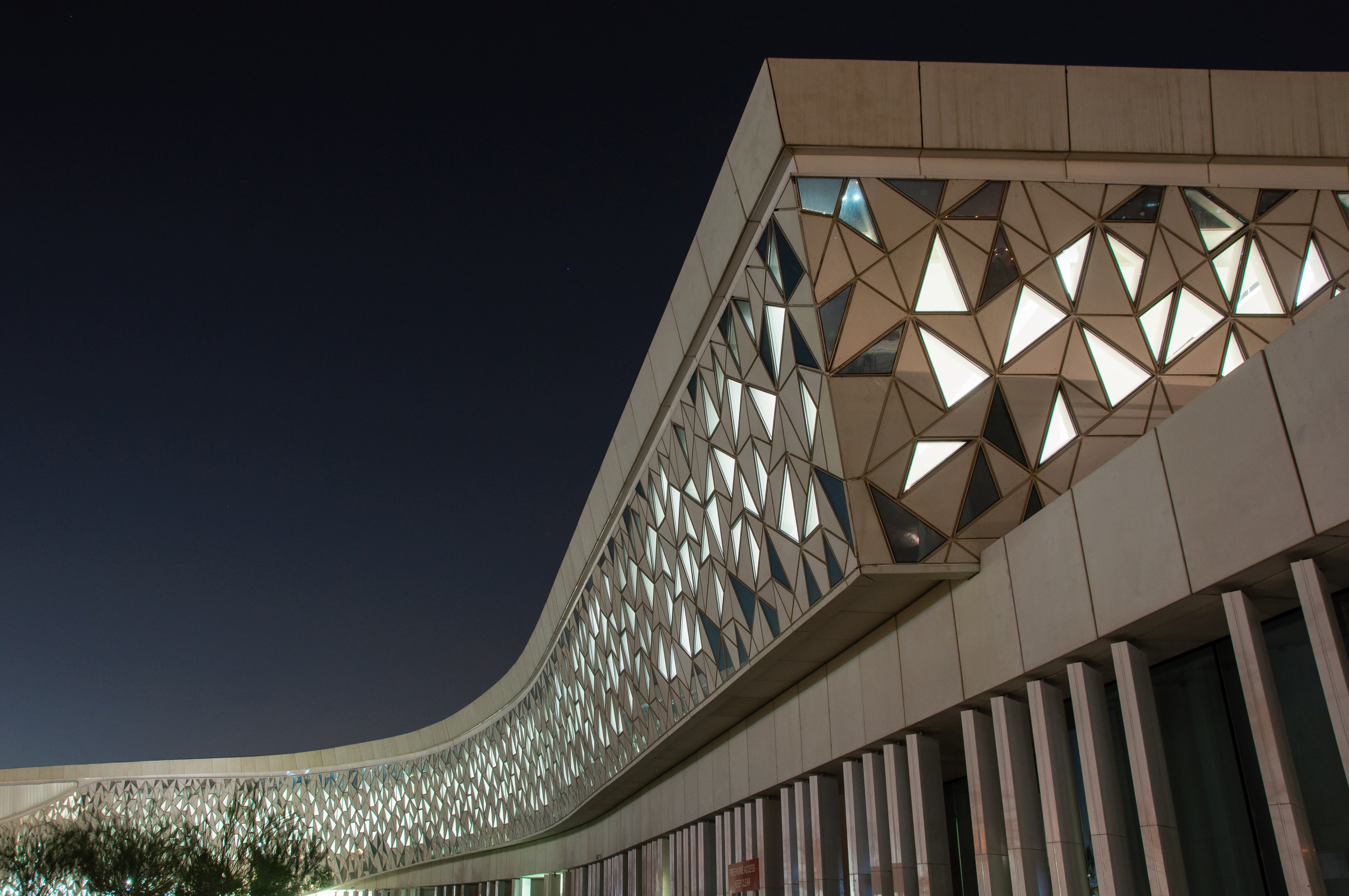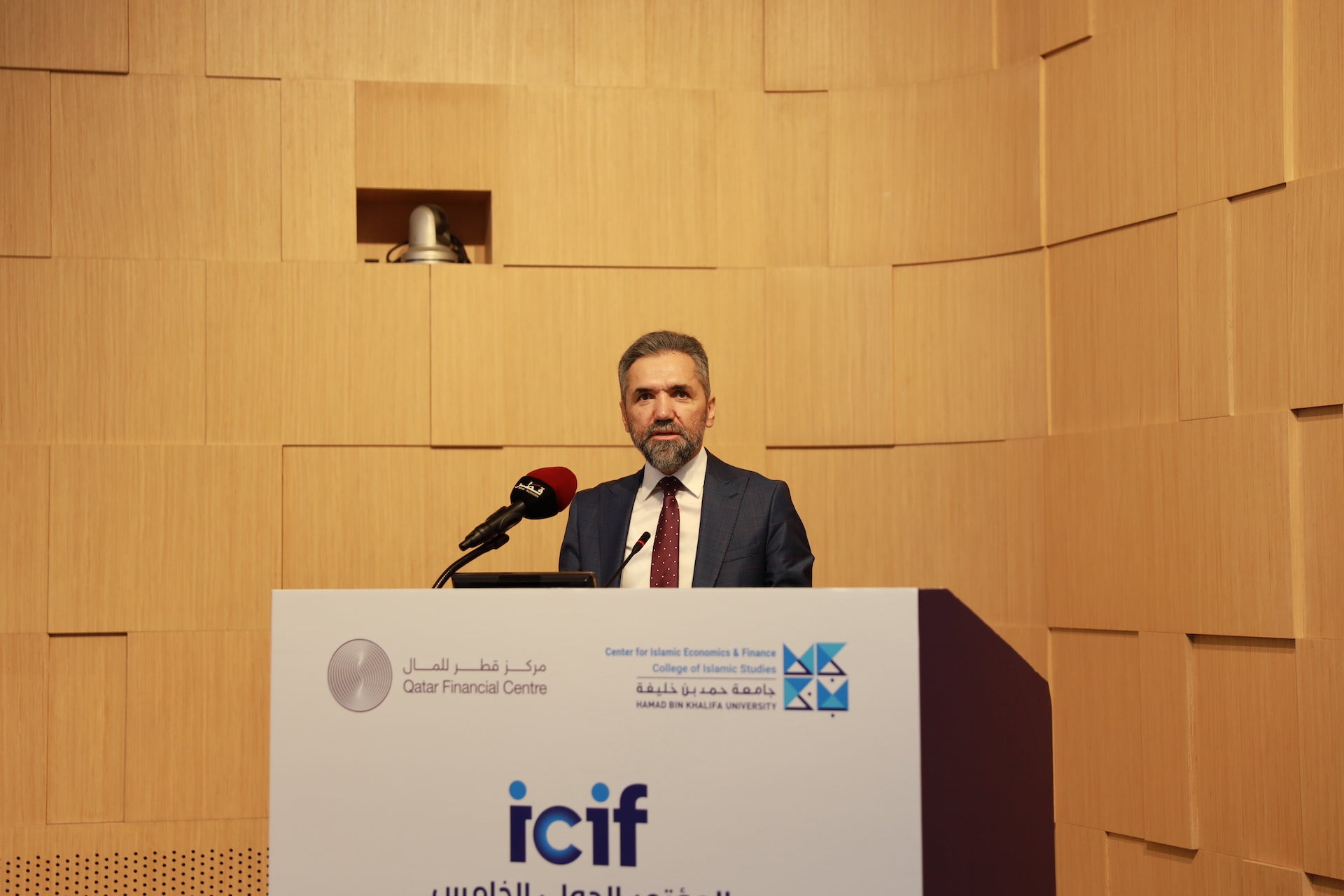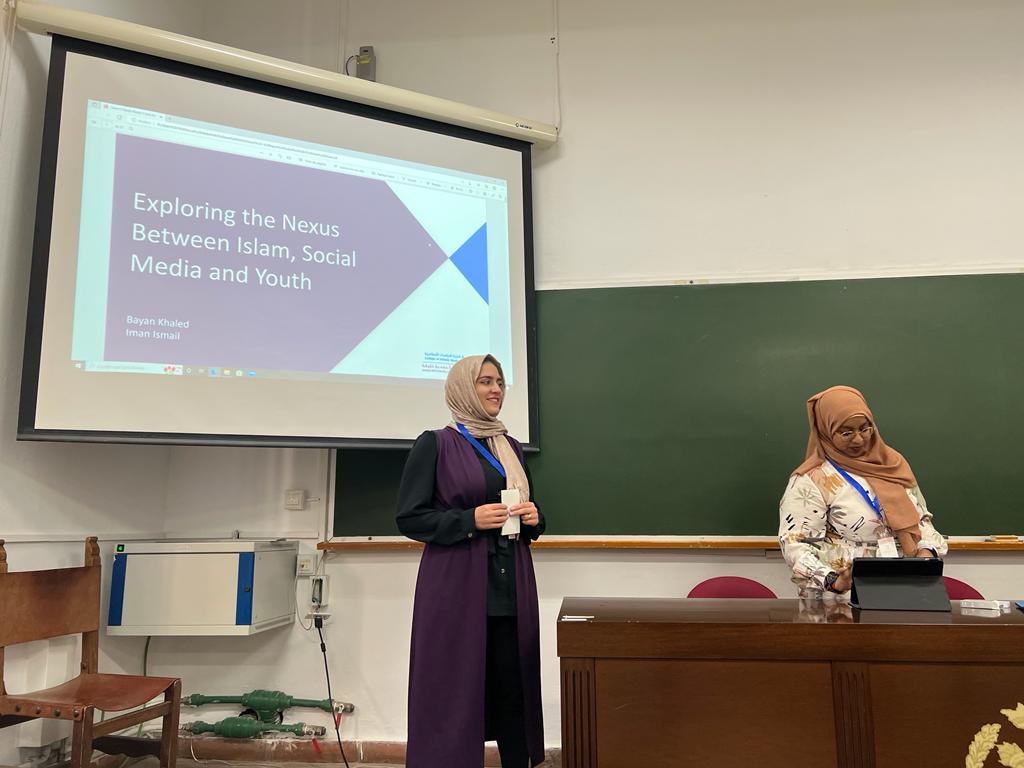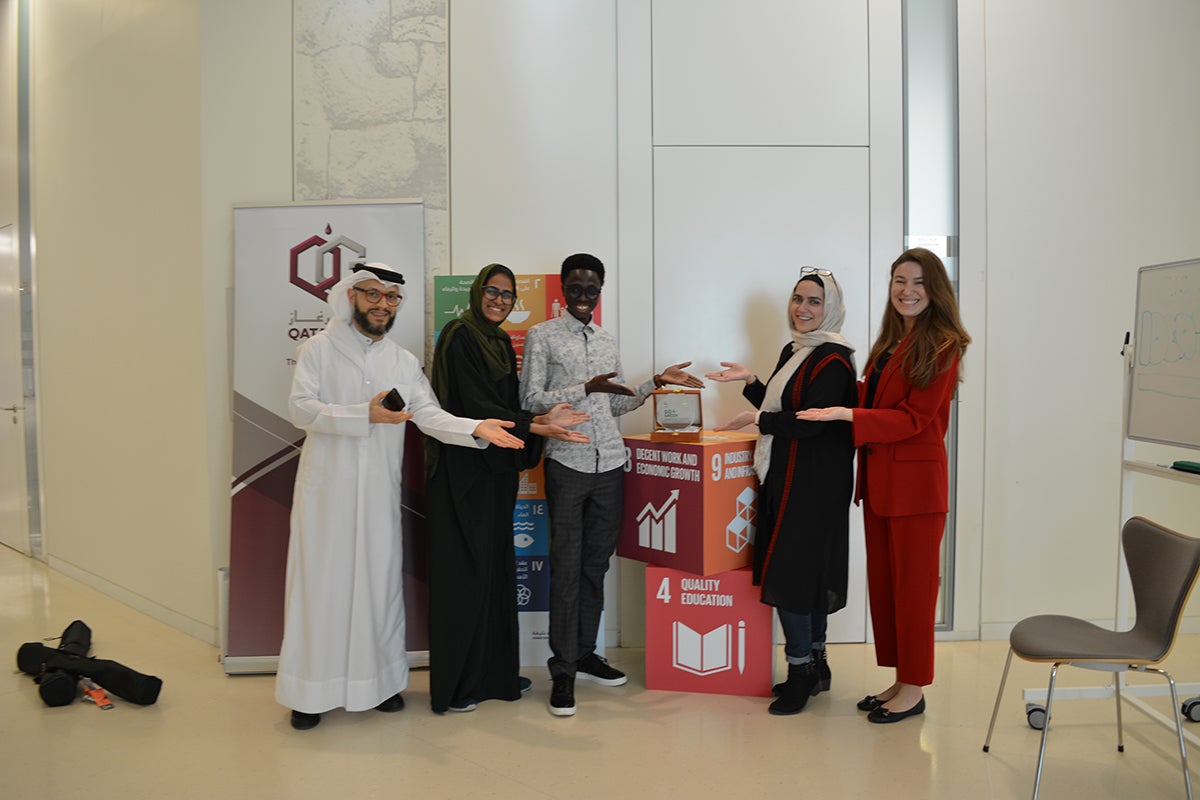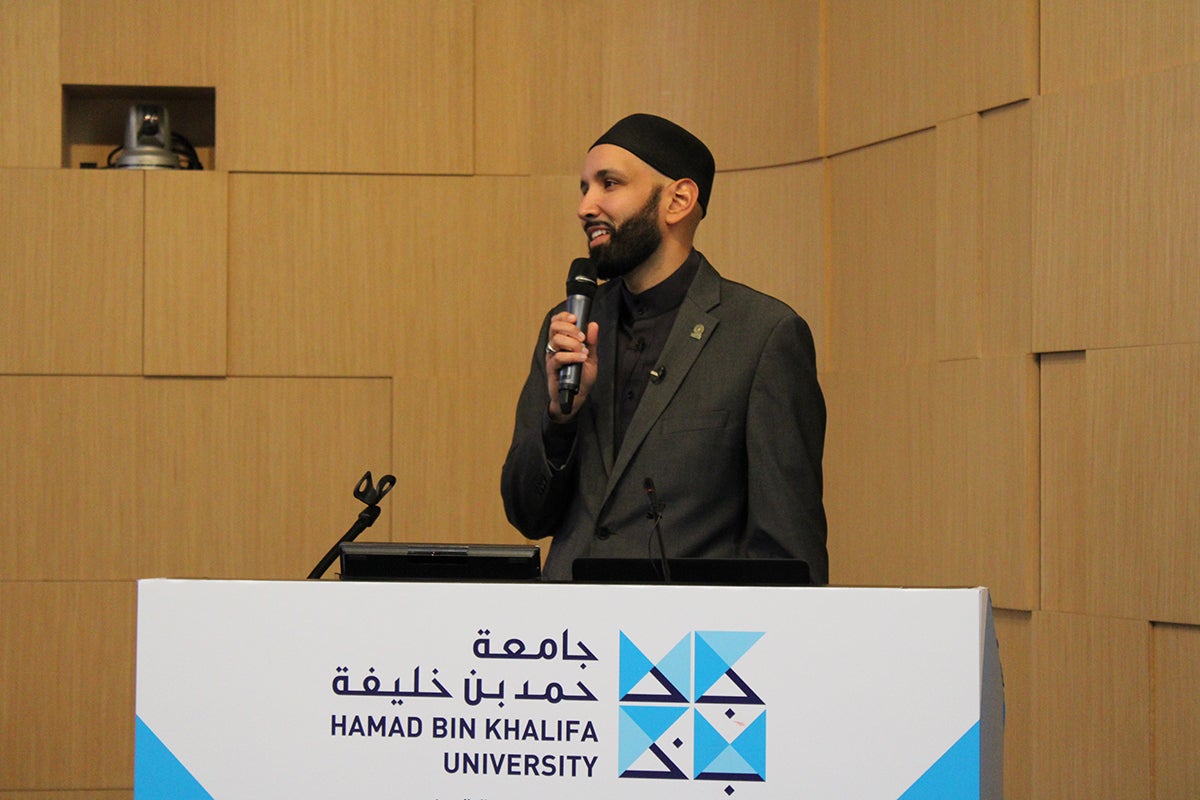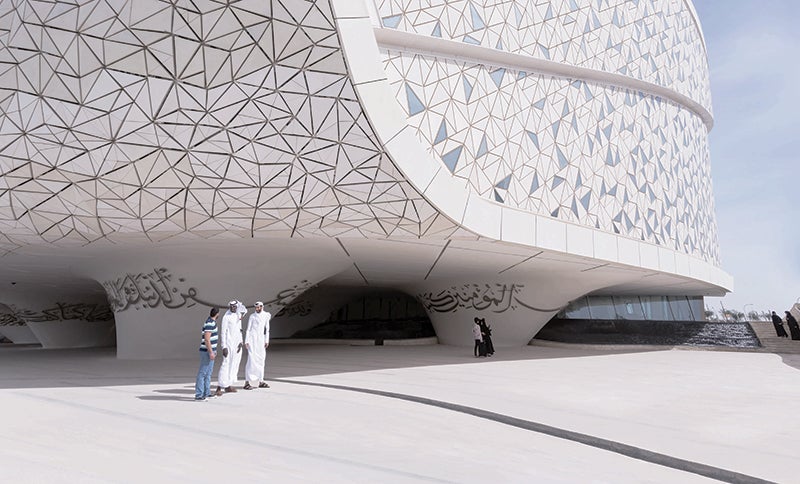
Various industry experts will come together at the Global Conference on Awqaf, to be hosted by the College of Islamic Studies (CIS) at Hamad Bin Khalifa University (HBKU) from December 4 – 6.
The conference is organized by CIS, and its sponsors are the Qatar Financial Centre (QFC) and the Qatar National Research Fund (QNRF). Strategic partners for the conference are the Ministry of Awqaf and Islamic Affairs and the Qatar Central Bank. The event will also witness notable participation from academic partners including Bait Al-Mashura Finance Consultations, the College of Shariah and Islamic Studies at Qatar University, Sabahattin Zaim University, Ibn Haldun University, as well as the University of East London’s Centre for Islamic Finance Law and Communities.
The conference is anticipated to witness the participation of HE Dr. Ghaith bin Mubarak Al Kuwari, minister of Awqaf and Islamic Affairs; HE Sheikh Abdullah Bin Saoud Al-Thani, governor of Qatar Central Bank; Dr. Ahmad M. Hasnah, president of HBKU; Mr. Yousuf Mohamed Al-Jaida, chief executive officer at QFC; and Dr. Abdul Sattar Al-Taei, executive director at QNRF.
The CIS conference will be held under the key themes of Evolution, Socio-economic Impact, Management Strategies, Legal and Governance Issues, Cash Waqf and Country-wise Case Studies. It will host delegates who will examine case studies on Awqaf from several regions including the GCC, while also calling for greater professionalism, transparency, disclosures, and proper performance management and evaluation of assets held under Awqaf.
HE Dr. Ghaith bin Mubarak Al Kuwari, minister of Awqaf and Islamic Affairs, will deliver a speech at the inaugural session. In his speech, HE Dr. Al Kuwari will address the importance of endowments and the ability to fulfil its purpose if the donors' requirements are met. He will cite the Al Ghazi Khosrow Beck Library, which has been renovated through the generous support received from His Highness the Father Amir, as an example. Through the Father Amir’s support, the library was able to continue supporting its educational initiatives and preserve the heritage of the Balkan people of various religions and languages. Al Kuwari will also speak about the potential of endowments to achieve peace and support the harmony of diverse societies citing the example of Patani University Hospital in the Kingdom of Thailand financed by the Ministry.
HE also said that endowments offer great wealth potential that may yield fruitful results when their legal protection conditions are applied, and their governance, administration, and investment approaches are enforced according to the requirements of their donors.
HE Dr. Al Kuwari will speak about new widespread prospects made available by articles 8, 9, 10 and 11 of the Royal Decree 23 of 2014 on the organizational structure of the Ministry of Awqaf and Islamic Affairs for the General Directorate of Endowments in the State of Qatar.
HE Sheikh Abdullah Bin Saoud Al-Thani, governor of the Qatar Central Bank, said: “Waqf has become an important pillar of Islamic economies across numerous sectors, including agriculture, industry, and commercial, with its direct impact resulting in an increase in national income, economic stability, job creation and an increase in investment opportunities.”
Mr. Yousuf Mohamed Al-Jaida, chief executive officer of QFC, said: “Qatar is well-positioned to become a global leader in both Islamic finance and Awqaf institutions, especially by pioneering Awqaf models that are interconnected with current and upcoming financial technologies. QFC recognizes the immense importance of Awqaf, as well as Islamic finance more generally, and we remain committed to supporting the development of these key sectors.”
Dr. Abdul Sattar Al-Taei, executive director at QNRF, said: “QNRF is very pleased to sponsor this unique conference. Waqf has both historical and contemporary importance for Muslims across the world. The conference offers a rare opportunity for Islamic scholars and specialists in different fields, such as in economics and business, to come together and discuss different angles of endowments with the focus of widening and improving the effectiveness and the impact of how Waqf can respond to the challenges of the 21st Century.”
Speaking ahead of the event, Dr. Emad El-Din Shahin, dean of CIS at HBKU, said: “Through our collaboration, we will bring together a range of experts across various sectors who will tackle a host of topics that fall within the framework of Awqaf and how it is governed. We look forward to welcoming all participants and encouraging open discussion on a range of topics that encompass various spheres this Islamic practice.”
Dr. Syed Nazim Ali, director of the Research Division at CIS, said: “It is our great pleasure to be the organizer for the upcoming Global Conference on Awqaf, as it is a very important topic to the Muslim world, with the potential to promote financial inclusion and social development, if managed properly. With more than 25 invited international speakers, 25 invited local speakers, an interactive workshop, and several information and idea-sharing sessions, we hope to initiate serious discussions and subsequent actions on the various issues surrounding Awqaf throughout the Muslim world. We also hope to learn lessons from the successes and failures of the Awqaf model in different countries through country-specific case studies. Feasibility of various Waqf models, such as the cash Waqf and the use of advanced technologies such as blockchain, will be explored while we analyze the future potential and prospects of Awqaf.”
Throughout the three-day event, attendees will analyze Awqaf’s potential and prospects within numerous frameworks: the historical and contemporary overview of Awqaf and its socio-economic impacts; Awqaf models and their management system performance; Awqaf in the blockchain era; and country-wise case studies of Awqaf implementation.
Furthermore, delegates will discuss the innovative use of Waqf for financial inclusion under numerous topics, including the role of Islamic banks, development banks, and other financial institutions in developing and revitalizing Awqaf properties; the use of cash Waqf for SME financing; the use of cash Waqf for subsidizing microfinance; the use of Waqf for sustainable philanthropy; and the utilization of technology such as crowdfunding for greater impact.
The CIS Global Conference on Awqaf will be held at the Auditorium in the Minaretein Building (College of Islamic Studies building), Education City, from 8 am to 5 pm on December 4 - 6. The conference will be conducted in English and Arabic with simultaneous translations provided.
CIS’s mandate is to further the studies of Islam and applied Islamic studies, especially within an international context. The college emphasizes addressing the issues that face contemporary Muslim societies worldwide. Last year, CIS launched two innovative degrees at the master’s level in Islam and Global Affairs and Islamic Art, Architecture and Urbanism, as well as a PhD in Islamic Finance and Economy.




